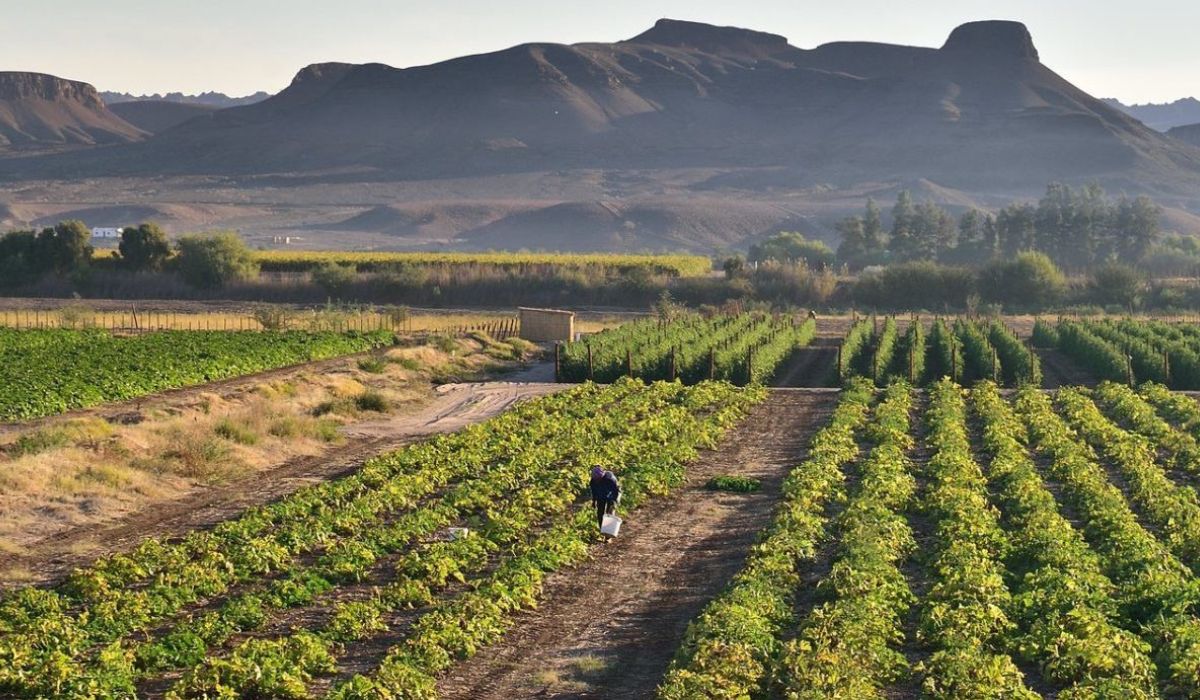
South Africa’s agricultural sector is a crucial part of its economy, with great potential for reducing poverty and creating economic activity and jobs, as recognized in the governing African National Congress’s recent policy documents. However, the sector faces significant challenges that could prevent it from achieving its potential. This article explores six key themes that are likely to define the agricultural sector in South Africa in the first half of 2023.
First, South Africa’s persistent power cuts are a significant challenge across the economy, affecting agriculture, food, fiber, and beverage production. Farmers using irrigation systems face production difficulties in the current environment, while power outages have disrupted the production of even essential food items, such as potato chips processing, milling, and poultry meat processing. Moreover, there are disruptions across a range of food value chains, adding extra costs to food companies and farmers. These issues could lead to consumer food price inflation, which has already risen to around 9% in 2022, driven mainly by global agricultural commodity challenges.
Second, expect a major focus on the need for expansion of agricultural export markets. South Africa’s agricultural sector is export-oriented, exporting roughly half its products by value. Organized agriculture groups are pushing to expand exports to new markets, such as China, South Korea, Japan, the USA, Vietnam, Taiwan, India, Saudi Arabia, Mexico, the Philippines, and Bangladesh.
Third, land reform will be back at the top of the agricultural agenda, as the drive for inclusion of black farmers in the sector is highlighted in the Agriculture and Agro-processing Master Plan. The focus could be on redistribution, rather than land restitution and tenure, and the launch of the Agricultural Development and Land Reform Agency.
Fourth, the threat of deteriorating municipal service delivery, corruption in public offices, and the failures in network industries, such as roads, rail, water, electricity, and ports, have occupied agribusiness leaders for some time. These inefficiencies have increased the cost of doing business, taken investment away from productive agribusiness activities, constrained expansion, and made conditions even more challenging for new entrants.
Fifth, the slow progress in fixing agricultural regulations is a growing concern. The country’s agricultural sector faces regulatory constraints, such as the dysfunctional State Veterinary Service, which negatively affects the production of key vaccines. There is also a need to modernize the Fertilizers, Farm Feeds, Seeds, and Remedies Act 36 of 1947 to enable the importation and registration of key agrochemicals that are essential for boosting productivity. The pressure will intensify to resolve all these issues.
Finally, the financing of the sector is crucial. The agricultural sector requires a significant amount of investment to reach its potential. This includes investment in irrigation, technology, infrastructure, and market access. The financing of small-scale farmers and emerging agribusinesses is also essential to ensure that they can participate meaningfully in the sector.
In conclusion, South Africa’s agricultural sector is vital to reducing poverty, creating economic activity, and jobs. However, the sector faces significant challenges that could prevent it from achieving its potential. Addressing these challenges, including energy shortages, expanding exports, land reform, deteriorating municipal services, fixing regulations, and financing the sector, is crucial to ensure the sector’s growth and job creation prospects.


















